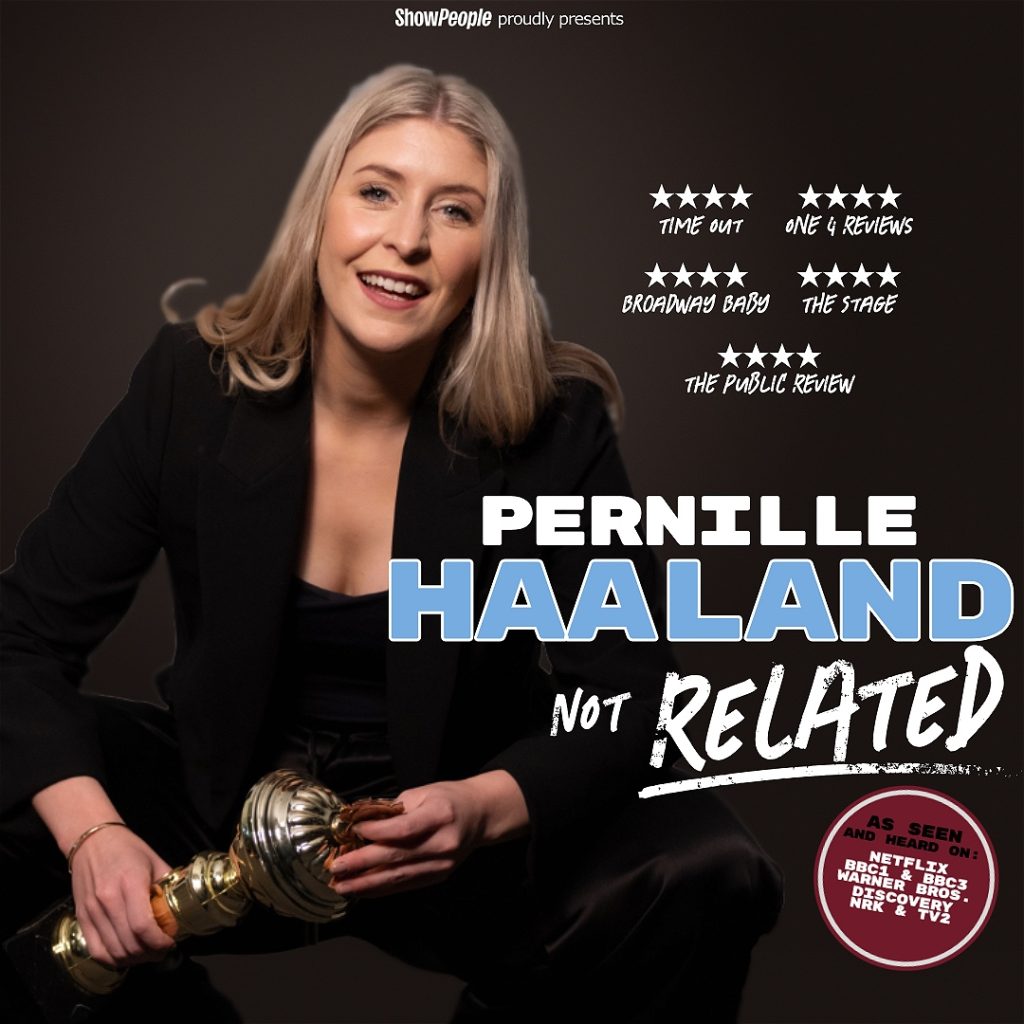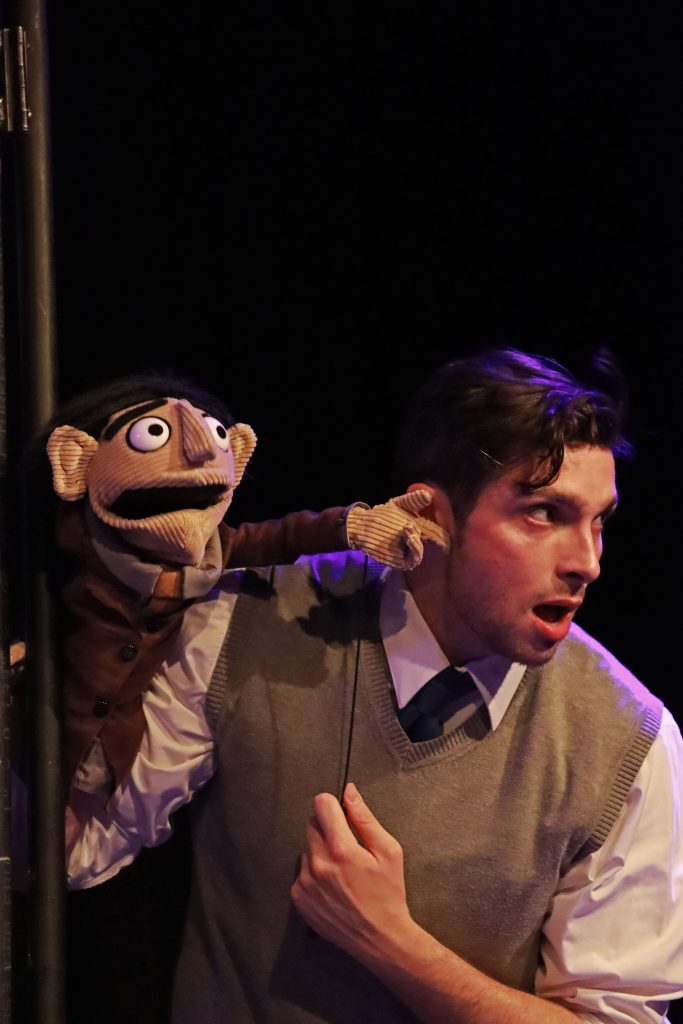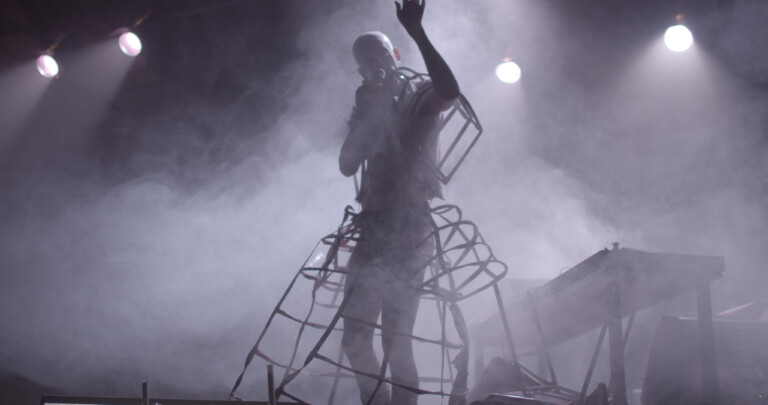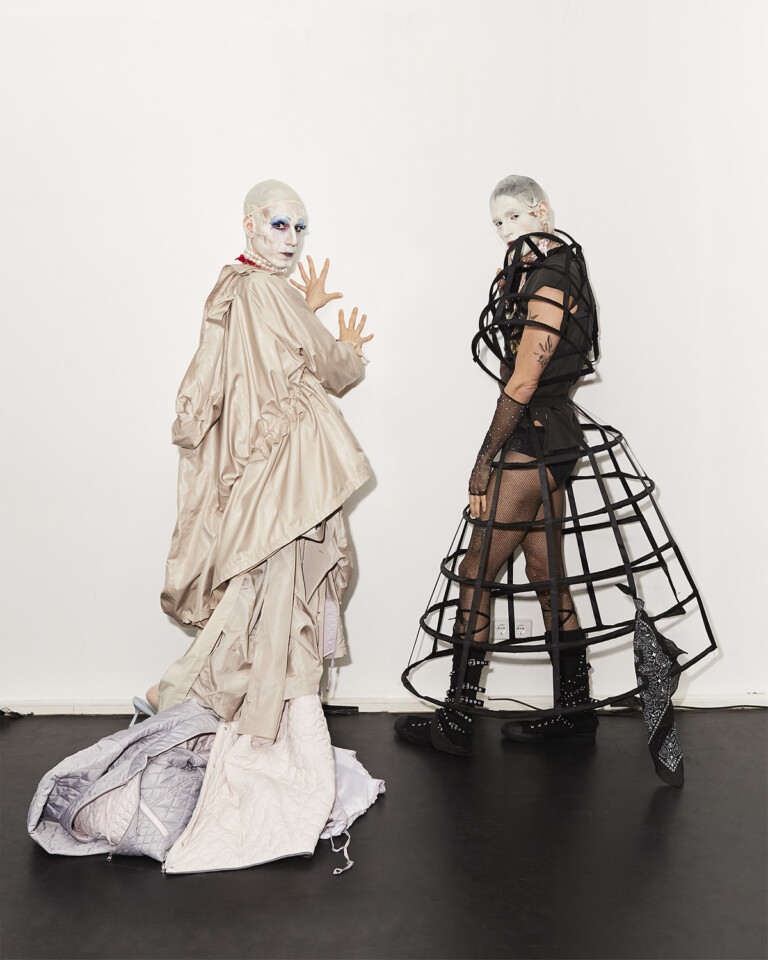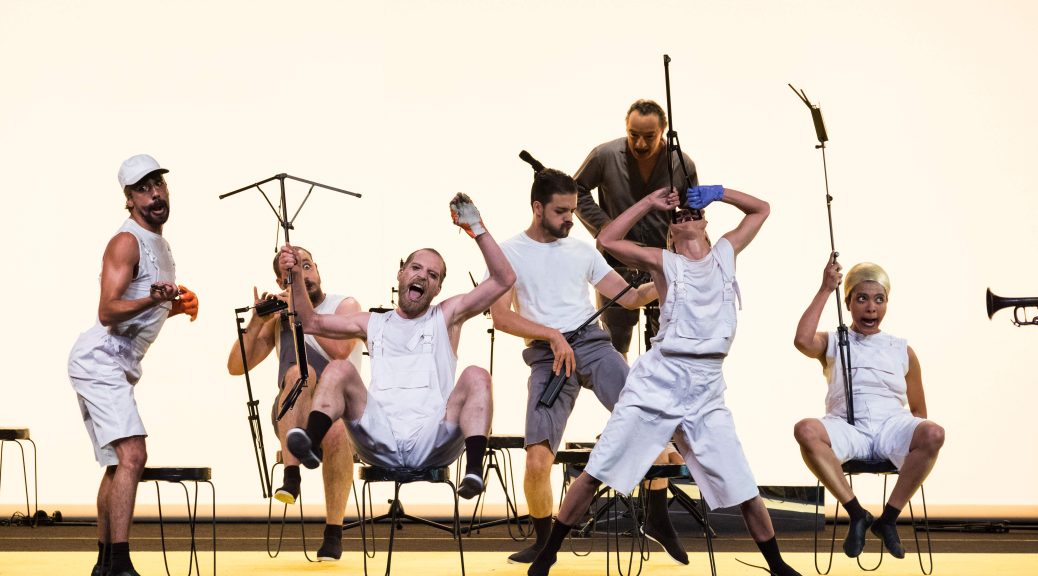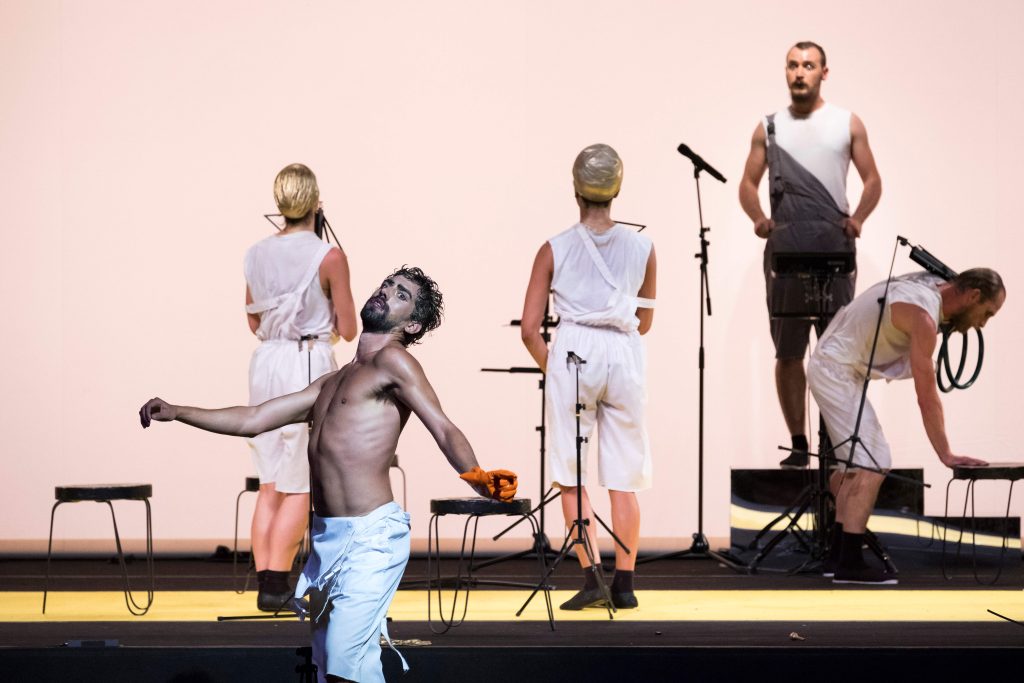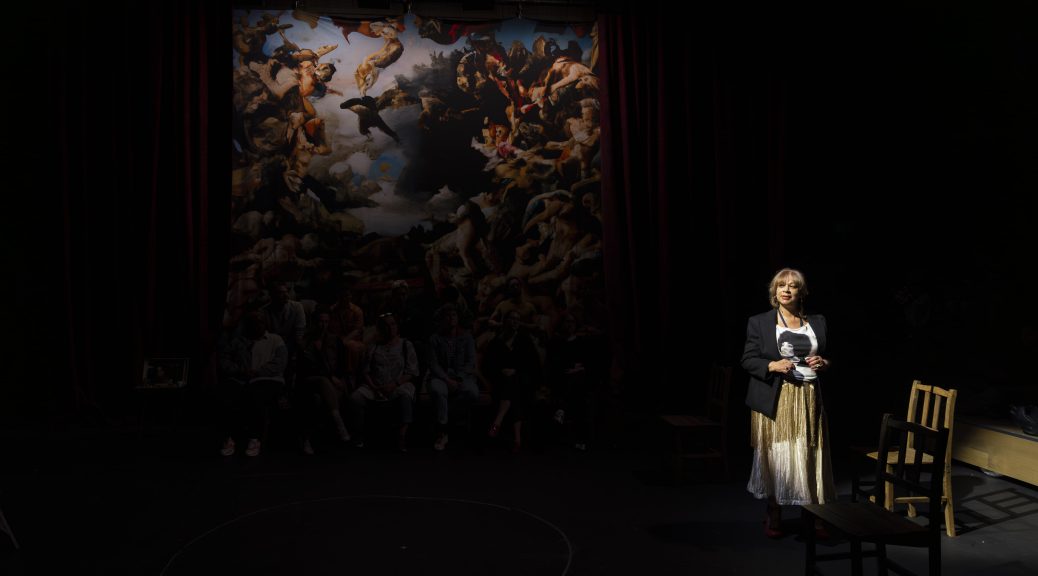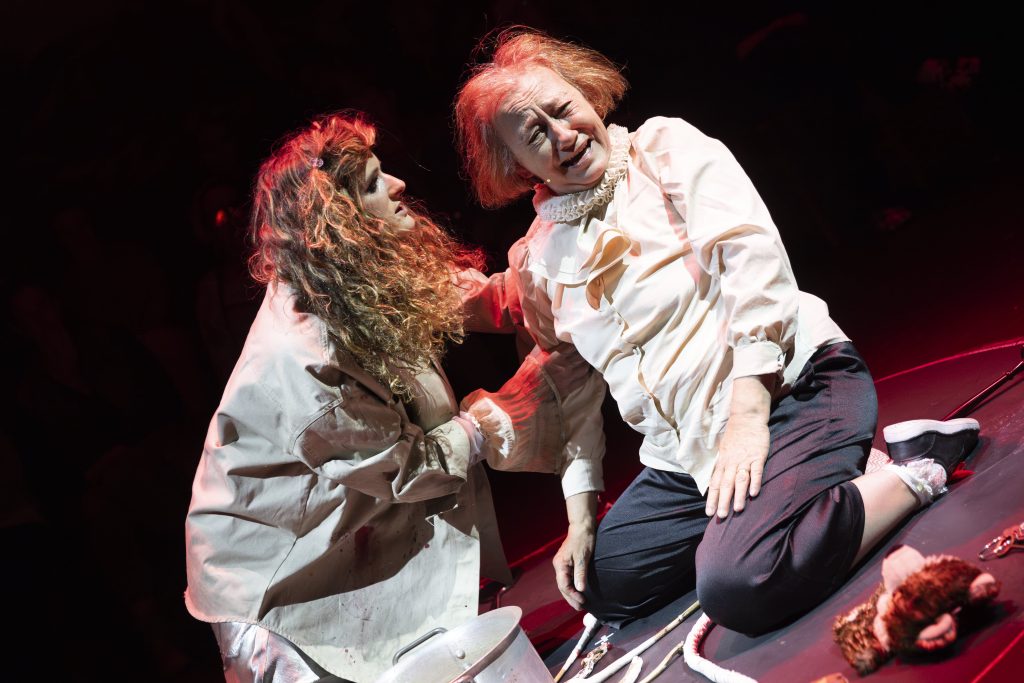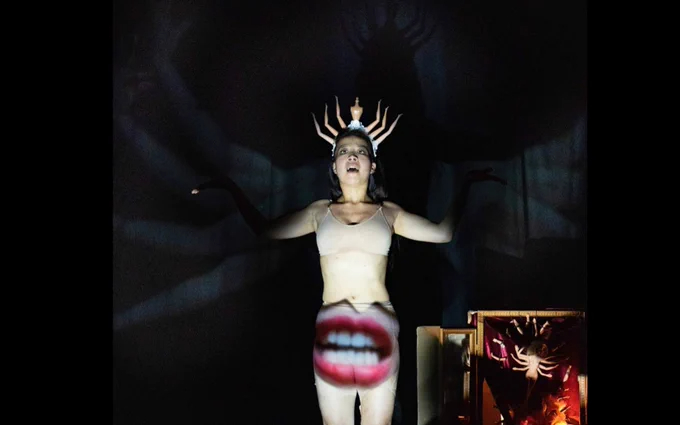 (4 / 5)
(4 / 5)
There’s something to say about Christian Dart – the man loves a Fringe and has the secret to unlimited energy. Part of the group, Bad Clowns, Dart has embarked on his own show, only 20 minutes after Bad Clowns HOSTAGE and still seems to smash it. (There is to say they have another show AND did a one off at 11.30pm the same night I saw HOSTAGE, recreating it with different characters… I mean… the sugar these chaps must be eating…)
After seeing Dart run out of HOSTAGE the night before to his own show, I did question what I was coming to see. But Dart doesn’t let on that anything is likely amiss and is on his A game throughout.
Bigger Than The Christmas Turkey brings together a stand up show, with music, a little like Tim Minchin but much more unhinged. We are transformed through Dart’s life, from a large baby, through break ups, break downs (over guacamole) and the injustice of Disney. The segue to each of these is clean and when it isn’t, it is owned up, purposeful and becomes part of the comedy.
Dart, like any comedian, is very interactive with the audience and this audience are ready for it. His confident and positive personality helps, engaging us as friends and leaving us feeling part of his life; with knowledge of the vulnerable parts and welcoming us to it. He isn’t afraid to be the butt of jokes, using real images and videos of his childhood and onwards, to tell his story. This candid retrospective is endearing and engages us as, likely, people who could not do that themselves. He is also quick witted with quips and creates new humour through the moment – jumping onto chairs in the middle of the audience to sing about guac, to see how far he could do with the mic lead, even creating new phrases which he owns up to. He is self aware and can easily use this to his advantage.
The only quibble to have is – there was no Turkey suit. Something I very much expected or at least as the finisher, it never comes. While dissappointed, as I write this I think… maybe this was too easy and predictable and actually, we are left wanting more? Only Dart knows the truth.
Christian Dart: Bigger Than The Christmas Turkey is a fun, intimate and hilarious satire of Dart’s life, but, we are very much part of the jokes and along for the ride.



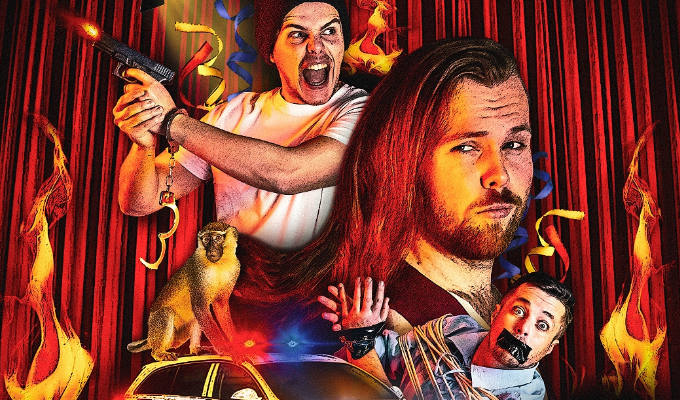
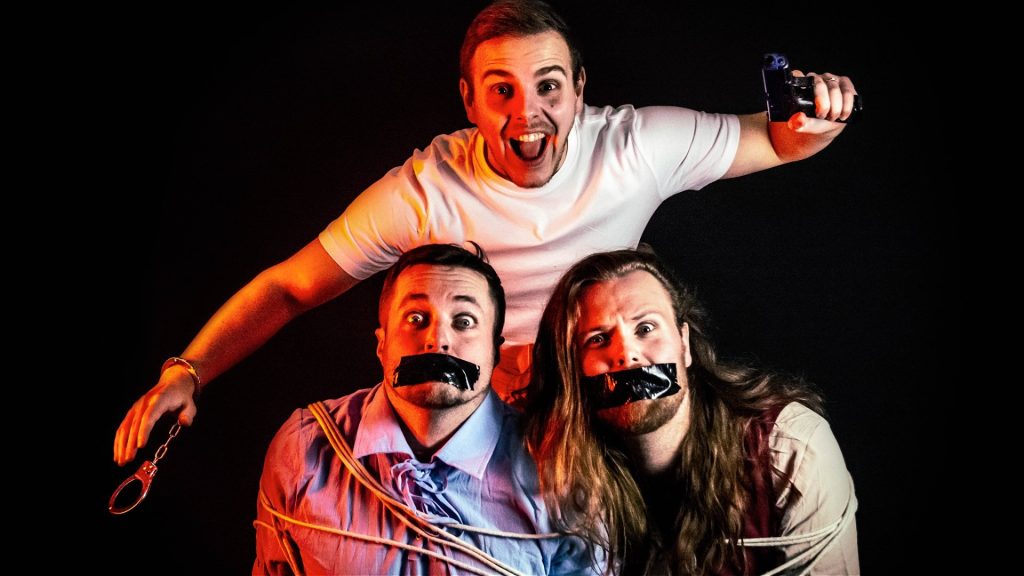

 (3 / 5)
(3 / 5)